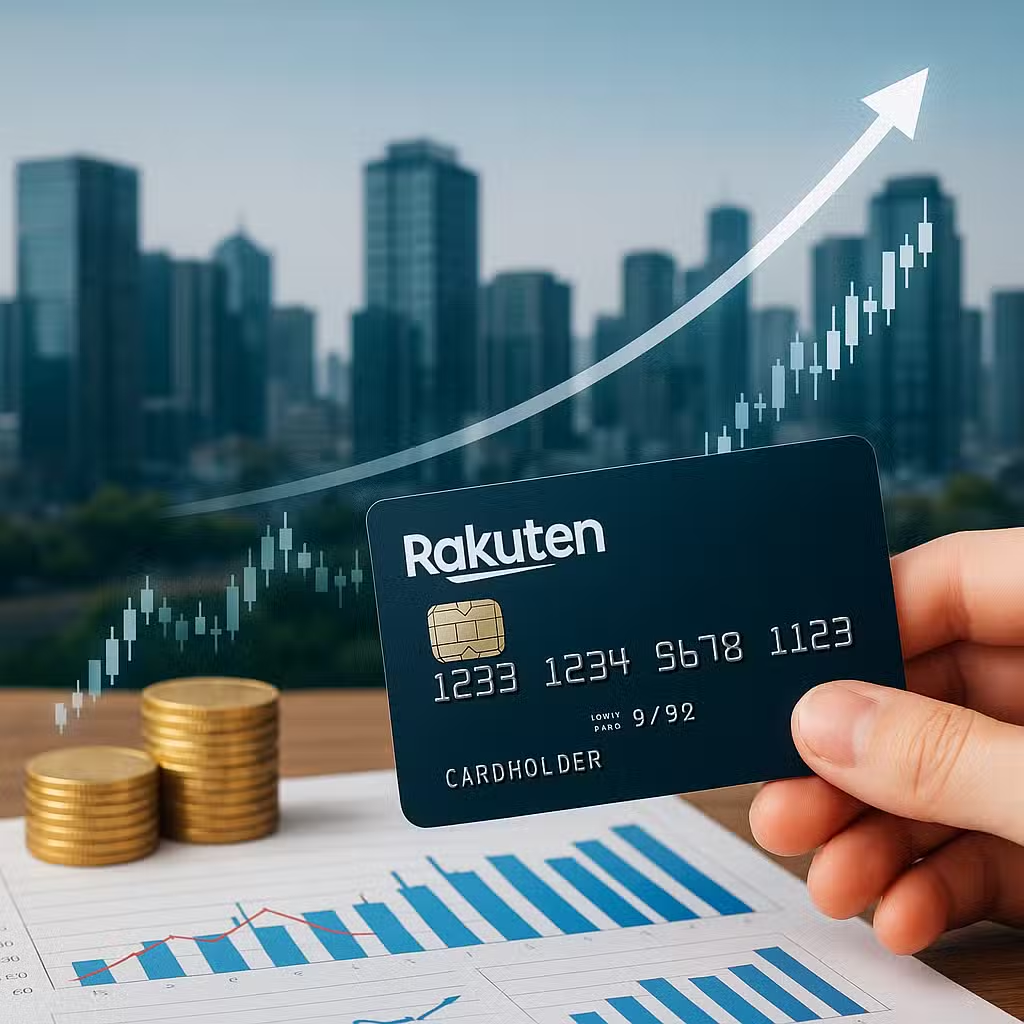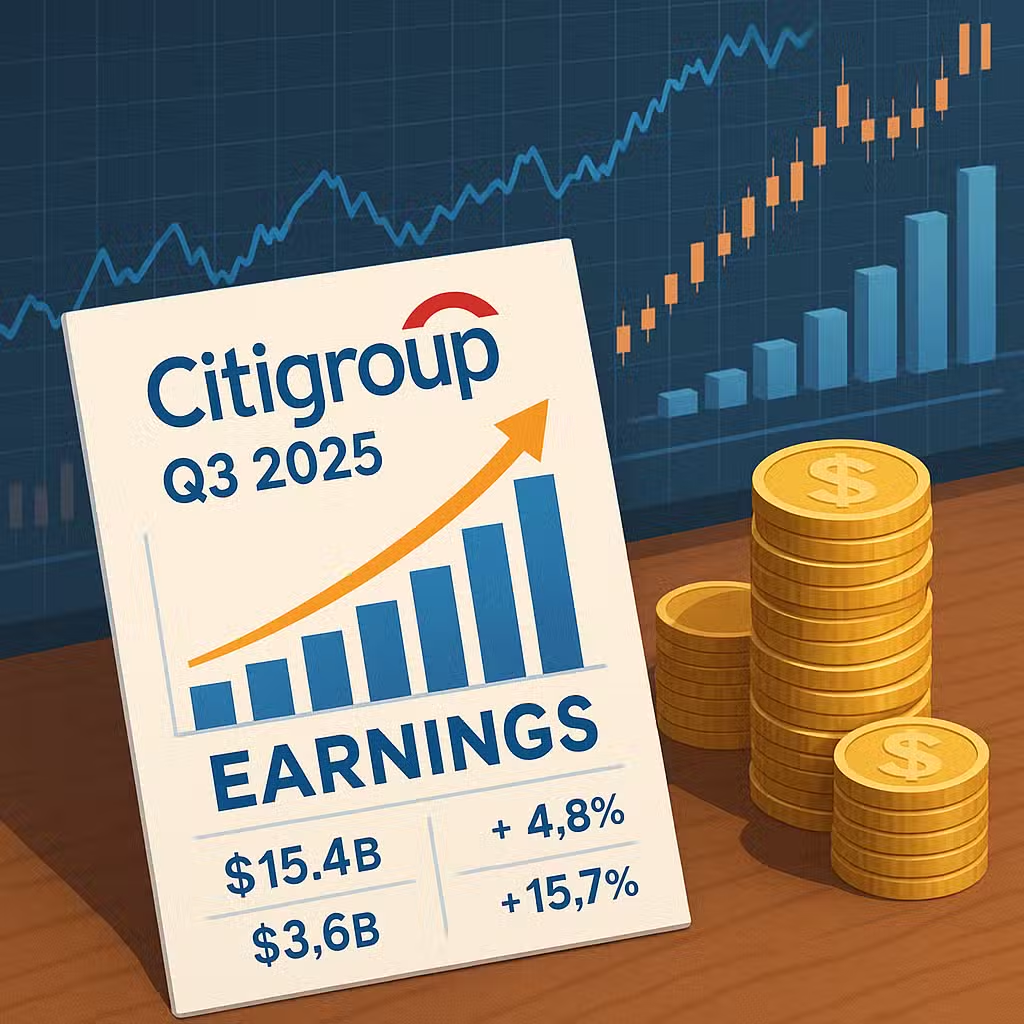Rakuten Considers US IPO for Credit Card Unit, Offering New Growth Opportunity for Investors
Imagine a big playground where the most popular games are always changing. Right now, Rakuten, a giant company from Japan, is thinking about bringing its credit card business to the United States—just like a kid trying a new game at a bigger playground. This could shake things up for investors everywhere.
Why Investors Should Pay Attention
Rakuten is well-known in Japan for online shopping, banking, and credit cards. Now, they’re considering a big move: offering shares of their credit card business to U.S. investors. This is called an IPO (Initial Public Offering), and it could open new doors for both Rakuten and people looking to invest in growing companies.
For investors, this matters because financial services—especially credit cards—are a key part of Rakuten’s business. When a company lists shares in the U.S., it can attract more money, get better-known around the world, and sometimes grow even faster.
Bull Case: Why This Move Could Be Great
- Growth Potential: Rakuten Card has already given out over 30 million cards in Japan. Their profits grew 20% last year, showing strong momentum.
- Big Partnerships: Last year, Mizuho Financial Group bought a 15% stake in Rakuten Card for $1.1 billion, valuing the whole business at about $7 billion. That’s a vote of confidence from a major bank.
- Market Trends: Other companies like PayPay are planning U.S. IPOs too. PayPay might be valued at over $20 billion, proving there’s big interest in Asian fintech companies. (Reuters)
- Reward Programs: Rakuten’s loyalty points system keeps customers coming back, which helps boost sales across its many businesses.
Bear Case: What Could Go Wrong
- Costs Rising: In the most recent quarter, profits dropped 4.5% because running the business got more expensive.
- Competition: The global credit card market is tough, with big names like Visa and Mastercard already leading. Breaking into the U.S. market won’t be easy.
- Past Challenges: Rakuten has faced big losses before, especially when launching its mobile phone network. Sometimes, new projects take longer and cost more than expected.
- IPO Risks: Not every international IPO is a success. For example, some Japanese companies have struggled to attract U.S. investors or keep their stock prices high after going public (Investopedia).
What History Tells Us
When companies like Alibaba listed on the New York Stock Exchange in 2014, it became the world’s biggest IPO ever—raising $25 billion. But since then, not every foreign IPO has soared. Some, like Uber’s 2019 IPO, started strong but then lost value for investors. This shows that while IPOs can bring big rewards, they also come with risks and surprises (Bloomberg).
What This Means for Sectors and Markets
If Rakuten Card lists in the U.S., it could spark more interest in Japanese and Asian fintech companies. It might also put pressure on American credit card companies to stay competitive. For the broader market, a successful IPO could boost confidence in cross-border listings, encouraging more international companies to come to the U.S. stock market.
Investor Takeaway
- Watch for updates on Rakuten’s plans; early news can move stock prices quickly.
- Compare Rakuten Card’s growth with other fintech IPOs like PayPay to spot trends.
- Remember that IPOs can be exciting but risky—set limits and don’t invest more than you can afford to lose.
- Look for companies with strong partnerships and real profits, not just hype.
- Diversify: Don’t put all your money in one company or sector, especially with international IPOs.
For the full original report, see Yahoo Finance







